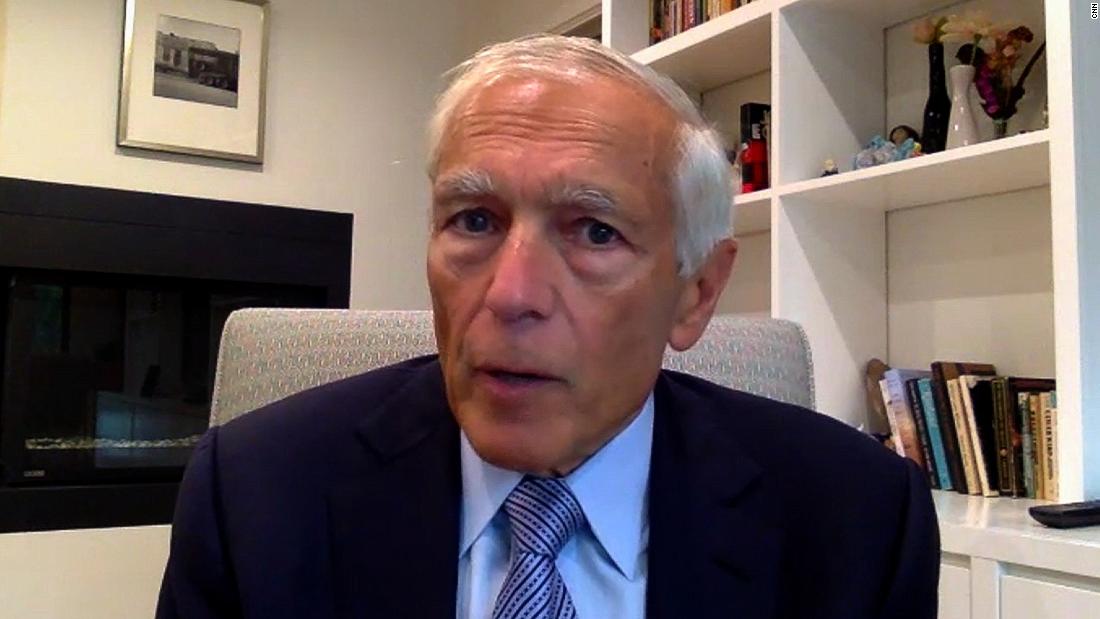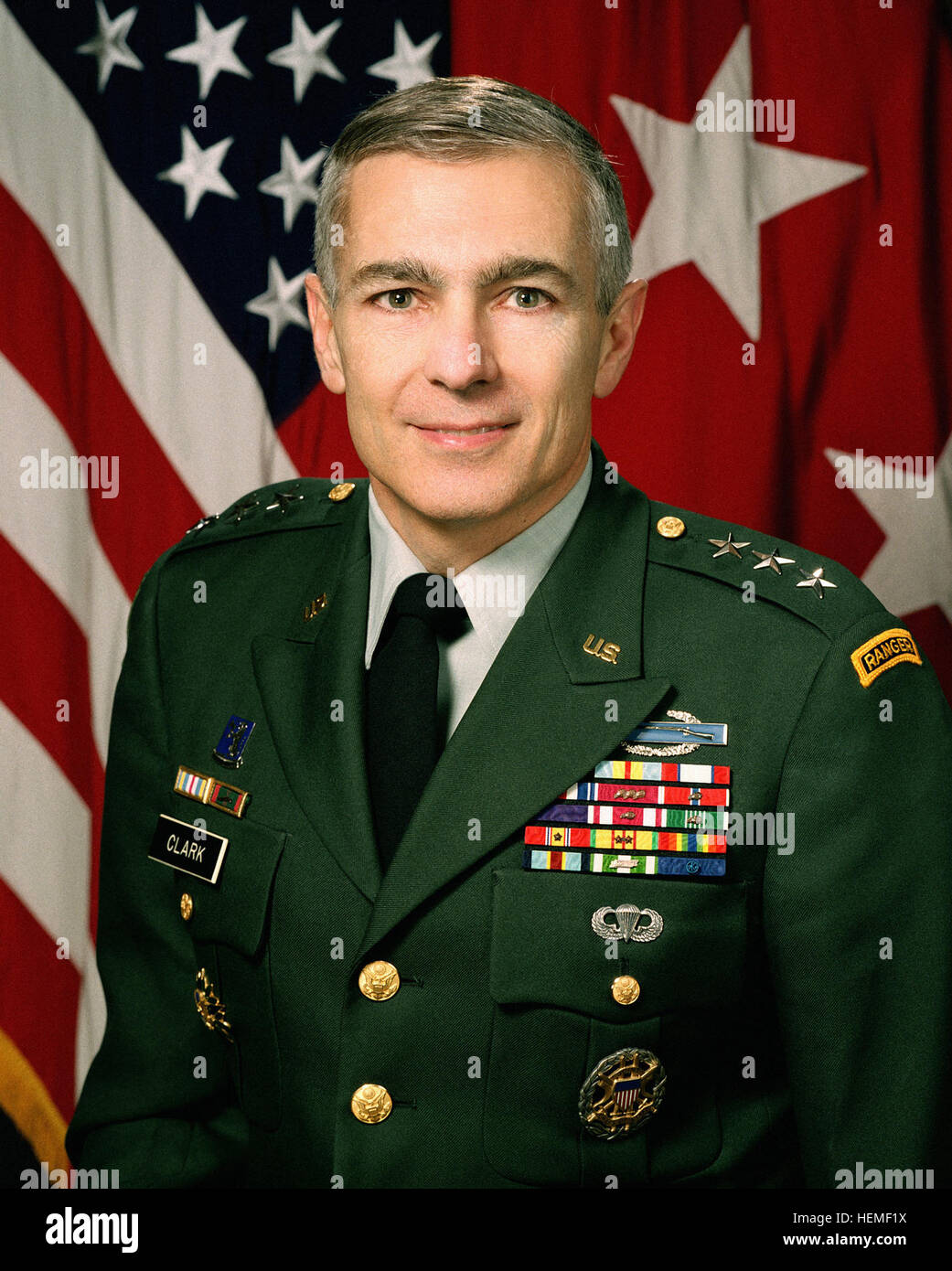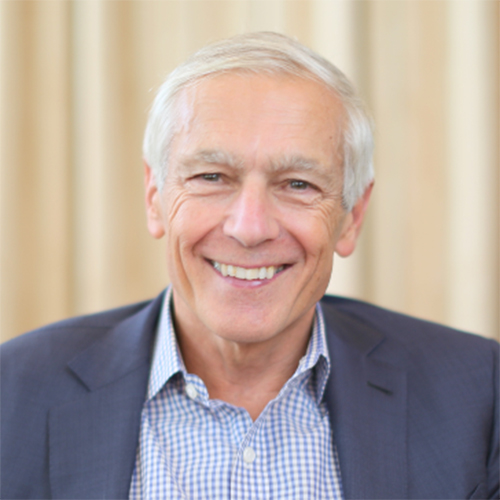General Wesley Clark: The Man Who Redefined Leadership In Modern Military History
When you think about military leadership, one name that stands out is General Wesley Clark. This guy didn’t just fight wars; he shaped strategies, inspired troops, and left a legacy that continues to resonate in today’s geopolitical landscape. Yeah, Clark wasn’t just some guy in a uniform. He was a thinker, a strategist, and a leader who knew how to get things done. In this article, we’ll dive deep into his life, career, and the lessons we can all learn from him. So, buckle up, because this is gonna be one heck of a ride!
General Wesley Clark isn’t just another retired military officer. He’s a name that commands respect and admiration. From his early days as a student at West Point to his role as NATO Supreme Allied Commander, Clark’s journey is nothing short of inspiring. But what makes him so special? Is it his leadership style, his strategic thinking, or the way he handled some of the most complex conflicts in recent history? Let’s find out.
This article isn’t just about facts and figures. It’s about understanding the man behind the uniform—the challenges he faced, the decisions he made, and the impact he left on the world stage. Whether you’re a military enthusiast, a history buff, or just someone curious about leadership, you’re gonna love this. So, let’s get started!
Read also:Body Fit Training The Ultimate Guide To Transform Your Life And Body
Table of Contents
- Biography: The Journey of Wesley Clark
- Early Life and Education
- Military Career: From West Point to NATO
- Key Conflicts and Leadership
- Understanding His Leadership Style
- Political Aspirations and Challenges
- The Legacy of General Wesley Clark
- Impact on Modern Military Strategy
- Criticism and Controversies
- Lessons We Can Learn from His Career
Biography: The Journey of Wesley Clark
General Wesley Clark’s life reads like a textbook example of how hard work, dedication, and strategic thinking can take you to the top. Born on June 24, 1944, in Madison, Arkansas, Clark wasn’t destined for greatness right from the start. But what he lacked in privilege, he made up for in sheer determination. His journey from a young boy in Arkansas to becoming one of the most respected military leaders in the world is nothing short of remarkable.
Clark’s career spans decades of service, including key roles in the Vietnam War, the Gulf War, and the Kosovo War. He served as the Supreme Allied Commander of NATO during some of the most critical moments in modern history. His ability to navigate complex geopolitical landscapes and make tough decisions set him apart from his peers. But let’s not get ahead of ourselves. Before we dive into his military achievements, let’s take a closer look at his early life and education.
Early Life and Education
Growing up in Arkansas, Wesley Clark didn’t exactly have the easiest childhood. His family faced financial struggles, and he learned the value of hard work at a young age. But Clark wasn’t one to let circumstances dictate his future. He excelled in school and eventually earned a spot at the prestigious United States Military Academy at West Point. Yeah, that’s right—West Point. The place where some of the greatest military minds in history have been trained.
At West Point, Clark wasn’t just another cadet. He stood out for his intelligence, leadership potential, and unwavering commitment to excellence. He graduated in 1966 with a degree in engineering and was commissioned as an officer in the United States Army. But his education didn’t stop there. Clark went on to earn a Master’s degree in Philosophy, Politics, and Economics from Oxford University as a Rhodes Scholar. Yeah, you read that right—Rhodes Scholar. Talk about setting the bar high!
Military Career: From West Point to NATO
Clark’s military career is a story of growth, resilience, and achievement. After graduating from West Point, he served in the Vietnam War, where he earned numerous accolades for his bravery and leadership. But his career really took off when he became involved in strategic planning and operations at higher levels of command. By the 1990s, Clark had risen through the ranks to become one of the most influential military leaders of his time.
In 1999, Clark was appointed as the Supreme Allied Commander of NATO—a role that would define his legacy. During his tenure, he led NATO forces in the Kosovo War, a conflict that tested his leadership skills and strategic thinking. His ability to coordinate multiple nations and achieve a common goal was nothing short of impressive. But it wasn’t always smooth sailing. Clark faced criticism and challenges along the way, which we’ll explore later in this article.
Read also:Battle For Atlantis The Epic Showdown Thats Captured Everyones Attention
Key Conflicts and Leadership
Let’s talk about some of the key conflicts that shaped Wesley Clark’s career. First up, the Vietnam War. This was where Clark cut his teeth as a young officer. He saw the realities of war up close and learned valuable lessons about leadership and strategy. Later, during the Gulf War, Clark played a crucial role in planning and executing operations. But it was the Kosovo War that really put him on the map.
The Kosovo War was a complex conflict involving multiple nations and conflicting interests. Clark’s ability to navigate this complexity and achieve a favorable outcome for NATO was a testament to his leadership. He faced criticism for his decision-making during the conflict, but there’s no denying the impact he had on its outcome. Here are a few key takeaways from his leadership during the Kosovo War:
- Strategic thinking: Clark understood the importance of coordinating with allies and leveraging resources effectively.
- Communication: He was a master communicator, ensuring that all parties involved were on the same page.
- Adaptability: In a rapidly changing environment, Clark showed an ability to adapt and make tough decisions.
Understanding His Leadership Style
So, what exactly made Wesley Clark such an effective leader? His leadership style was a blend of vision, strategy, and empathy. Clark wasn’t just about giving orders; he was about inspiring his troops and ensuring they understood the bigger picture. Here are some key characteristics of his leadership style:
- Visionary: Clark had a clear vision of what he wanted to achieve and communicated it effectively to his team.
- Strategic: He understood the importance of planning and executing operations with precision.
- Empathetic: Despite being a military leader, Clark cared about the well-being of his troops and understood the human side of conflict.
Clark’s leadership style wasn’t without its critics, though. Some accused him of being too aggressive or too focused on achieving results at any cost. But there’s no denying the impact he had on those who served under him. His ability to inspire loyalty and dedication in his troops was one of his greatest strengths.
Political Aspirations and Challenges
After retiring from the military, Wesley Clark turned his attention to politics. He ran for the Democratic nomination for President in 2004, but his campaign faced challenges and ultimately didn’t succeed. Despite this setback, Clark continued to be involved in political and public service initiatives. His transition from military to political leadership wasn’t always smooth, but it showed his commitment to public service and his willingness to adapt to new challenges.
Clark’s political aspirations were met with both praise and criticism. Some admired his vision and leadership, while others questioned his ability to translate military success into political achievements. But regardless of the outcome, Clark’s involvement in politics demonstrated his commitment to making a difference in the world.
The Legacy of General Wesley Clark
When you look back at Wesley Clark’s career, it’s hard not to be impressed. He wasn’t just a military leader; he was a visionary who shaped the course of modern military history. His legacy is defined by his leadership during some of the most critical moments in recent history, his commitment to public service, and his ability to inspire those around him.
Clark’s impact extends beyond the battlefield. He has written books, given lectures, and continued to be a voice for leadership and strategy in the modern world. His legacy is one of resilience, vision, and dedication to making a difference. But like any great leader, Clark’s legacy is not without its controversies.
Impact on Modern Military Strategy
Clark’s influence on modern military strategy cannot be overstated. His emphasis on strategic thinking, coordination with allies, and adaptability in a rapidly changing world has shaped how military operations are conducted today. Here are a few key ways Clark’s impact is still felt:
- Coalition Building: Clark’s ability to work with allies and coordinate multinational efforts has become a cornerstone of modern military strategy.
- Technology Integration: He understood the importance of leveraging technology to achieve strategic objectives.
- Human-Centered Approach: Clark’s focus on the human side of conflict and the importance of empathy in leadership continues to inspire military leaders today.
Criticism and Controversies
No great leader is without controversy, and Wesley Clark is no exception. During his military career, he faced criticism for his decision-making during the Kosovo War. Some accused him of being too aggressive, while others questioned his ability to work effectively with allies. His political career also faced challenges, with critics pointing to his lack of political experience.
Despite these criticisms, Clark’s contributions to military history and leadership cannot be denied. He faced challenges head-on and continued to push forward, demonstrating the resilience and determination that defined his career.
Lessons We Can Learn from His Career
So, what can we learn from Wesley Clark’s career? Here are a few key takeaways:
- Resilience: Clark faced challenges and setbacks throughout his career but never gave up.
- Adaptability: In a rapidly changing world, the ability to adapt and make tough decisions is crucial.
- Empathy: Leadership isn’t just about giving orders; it’s about understanding and inspiring those around you.
Whether you’re a military leader, a business professional, or just someone looking to make a difference, there’s a lot to learn from Wesley Clark’s career. His legacy continues to inspire and challenge us to be better leaders and better people.
Conclusion
In conclusion, General Wesley Clark’s career is a testament to the power of leadership, strategy, and resilience. From his early days in Arkansas to his role as NATO Supreme Allied Commander, Clark’s journey is one of inspiration and achievement. His impact on modern military strategy and leadership continues to be felt today, and his legacy is one of vision and dedication.
So, what do you think? Did you learn something new about Wesley Clark? Do you have a favorite moment from his career? Let me know in the comments below! And if you enjoyed this article, don’t forget to share it with your friends and check out some of our other content. Thanks for reading, and see you next time!


